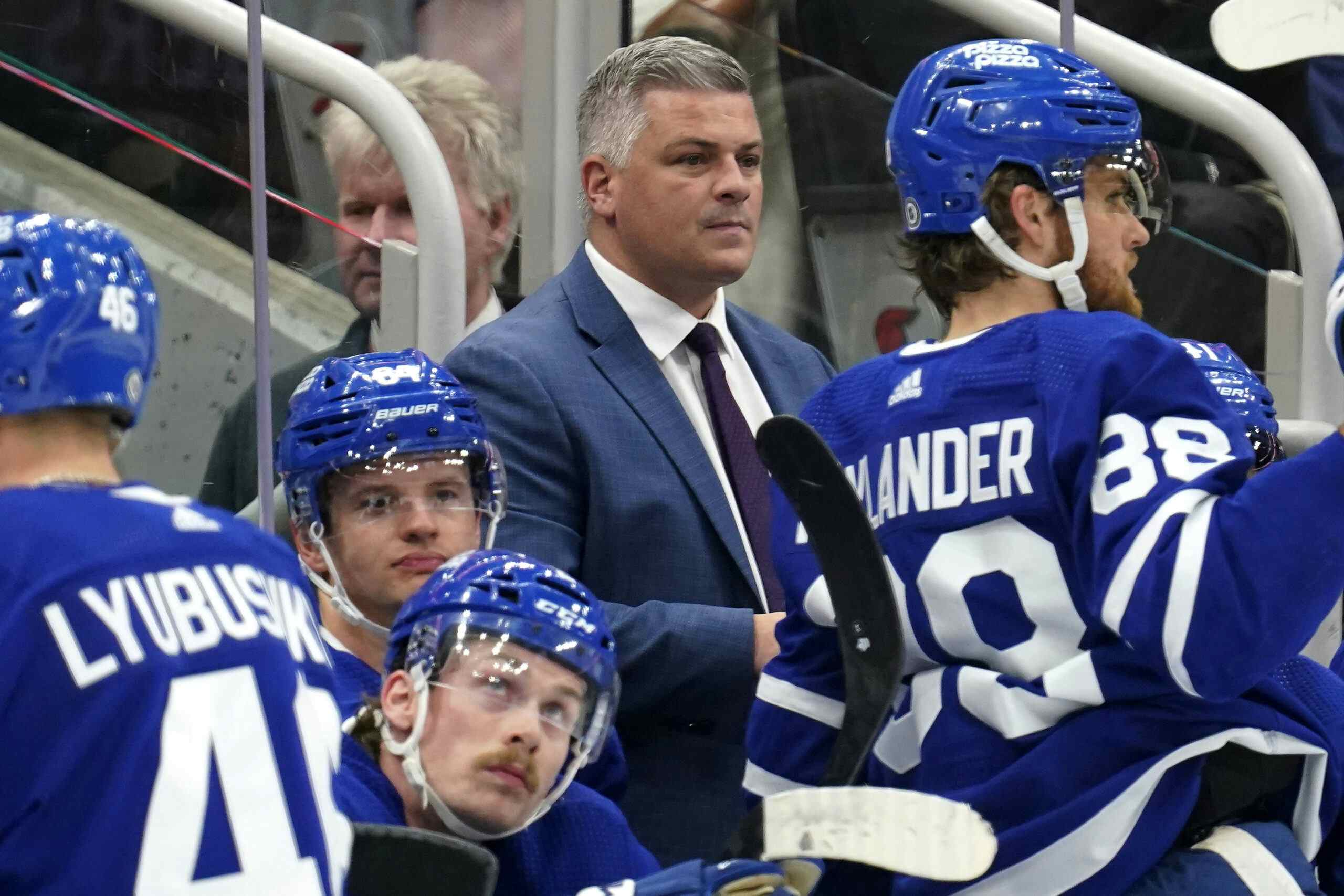How a boring hockey game is like a colonoscopy
By Danny Gray
11 years ago
BOOOOOORING
Throughout the NHL playoffs many fans and media members have been complaining about what they deem "boring" hockey. Specific complaints have ranged from too much shot blocking to too many low scoring games. Every game people all over Twitter are complaining about one thing or another. Yet we haven’t heard too many complaints from the dressing rooms of the Kings and Rangers, or their fanbases for that matter. When teams have success no one complains that they play a boring style. Why is winning enough to make "boring" hockey exciting?
GMs and players alike seem to think that run-and-gun, firewagon hockey is fundamentally better hockey. Brian Burke has gone on record as saying that he wants the Leafs to play exciting hockey. Speaking to Dave Stubbs of the Montreal Gazette, Jaroslav Spacek complained that the Habs played boring hockey under Martin. He said:
"I think we played too much of a defensive system, I didn’t like that. I think it was even boring to watch us, to be honest. To be very honest. Come on, at home, we play like this? I think it was boring a little bit. At the end of the night, if you win 2-1, nobody cares. It’s a win. But there weren’t too many games that we win 5-2, 6-4, wide-open games in which you just had fun."
What’s interesting is that later in the interview he talks about the Habs run to the Conference Finals as one of his best experiences. They were the same team playing the same style of game, yet he didn’t seem to think it was boring when they were winning. While extremely obvious it’s important to understand why winning can make boring hockey seem exciting, and it is the result of a cognitive bias. If you’ve got 20 minutes to spare, take a look at this TED Talk by Daniel Kahneman. If not read on and I’ll give you the Coles Notes.
The Experiencing Self
Kahneman explains that our perception of events is shaped by two selves, the "experiencing self" and the "remembering self". To demonstrate how the two selves can perceive the same event differently he uses a case study done with colonoscopy patients. They were asked to report on their pain every 60 seconds. Here are the recordings from two patients:

So based on that information, who suffered the most? The answer is pretty clearly Patient B. His or her procedure was much longer and they experienced more pain throughout.
Makes sense.
But which patient do you think had a more negative memory of the procedure? According to the study, it was Patient A. Despite having an objectively less painful experience, Patient A remembered the procedure as "worse" than Patient B.
This is because of how the pain was experienced and the conflict between the experiencing and remembering selves. When remembering an event our brains create a narrative and tell us a story. In this case, the pain was at its peak right at the end for Patient A, resulting in a more negative impression of the entire procedure relative to Patient B – even though Patient A experienced much less pain.
Winning is Never Boring

The same thing happens when we watch a hockey game. When asked to report about the game at regular intervals, fans would most likely respond the same. Twitter serves as a pretty good barometer as to how our experiencing self feels about the game. Before you know the outcome a low scoring, low chance game is (generally speaking) more likely to be boring than a high chance, high scoring game. At the end, if the team you’re cheering for wins then your remembering self will have something positive with which to create the memory and you’ll remember the game itself as being more exciting than it actually was – or would have been had your team lost.
So long as a team wins, or finds success with a system others deem "boring", they’re not going to change anything. For the hardcore fan this is not an issue, but it could prevent casual fans from becoming more invested in a given team. For those of us without a vested interest in either team a win is not a strong enough emotion to create a positive memory from so we’re left remembering the game worse than it was. In the playoffs there are a lot of fans watching who don’t really care about the outcome and this affects their perception of the game once it’s over.
Trying to "fix" the problem is misguided. Because of the conflict between our experiencing self and remembering self we’re always bound to perceive games we have no investment in or that fizzle our as opposed to end with a bang as less exciting. Low scoring hockey is not objectively boring, it’s just not rewarding enough for our remembering selves to care about.
Recent articles from Danny Gray





